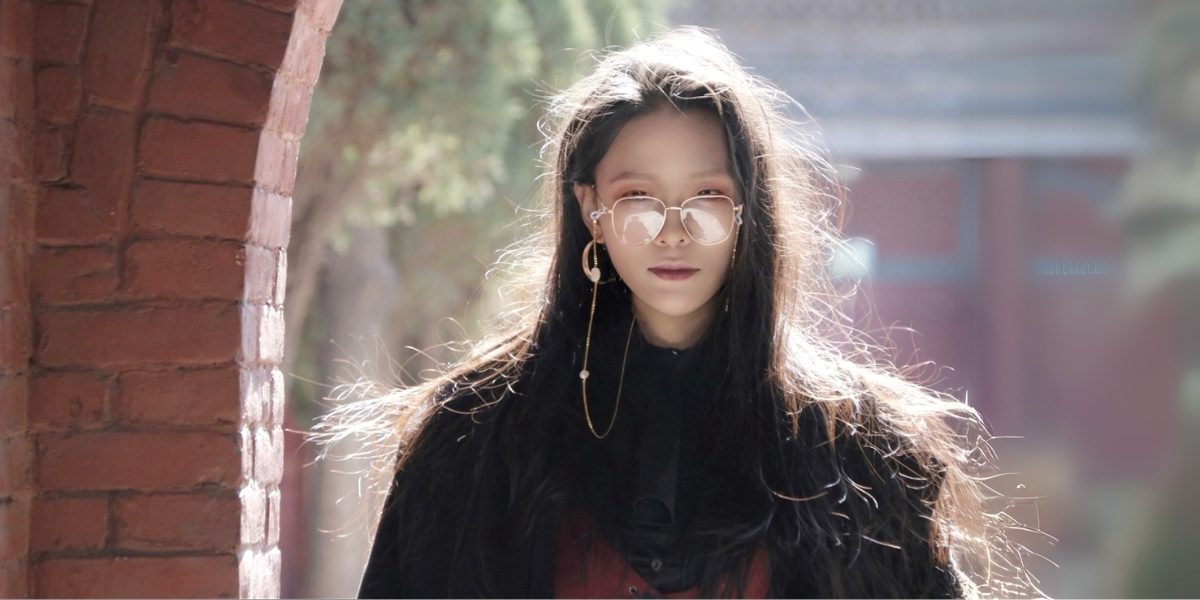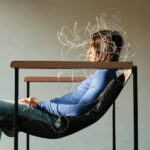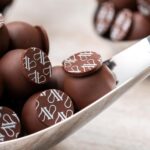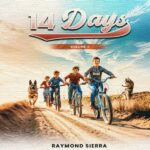By: Drake M
Jiayu Duan’s life reads like a series of extraordinary chapters: Her story begins at age 11, when she achieved her first entrepreneurial success—a venture so unconventional it became something of a local legend. By her early twenties, she had already managed ventures ranging from chain pharmacies to championship dog breeding. She is also an oil painter, sculptor, historic architecture researcher, antique collector, and a rising star as a visual artist and film model. She wrote a novel at the age of 14 and has developed a deep mastery of classical Chinese, demonstrating notable literary accomplishments. She recently declined a coveted teaching post at a premier Chinese conservatory to pursue a Doctor of Musical Arts (DMA) at the University of Arizona. Yet, she dismisses these feats as mere “side quests.”
“My real job is to be the fool,” says 24-year-old Jiayu Duan with a mischievous grin. The self-dubbed “Chaplin of Opera,” a mezzo-soprano, specializes in roles that are absurd, villainous, or deliberately grotesque. “In doctoral interviews, professors said my headshot looked like a Renaissance painting—until I started performing,” she jokes. Her antics—contorting into Mozart’s spinsters in Così fan tutte, snarling as Carmen’s witch, even rewriting arias to mock her own business failures—have earned her comparisons to opera’s answer to Chaplin.”
A blend of diversity and contrast defines her. In China, she chairs a Charity Foundation, leads medical teams to remote mountain villages for free clinics, and delivers books to rural schools. During one outreach trip, she encountered a pregnant woman strumming a makeshift guitar in her dusty courtyard. “By any standard, she couldn’t play—but the way she hummed to the sky, fingers grazing strings as the wind carried her tune… that was music in its rawest form,” Jiayu recalls. “That, I believe, is the guitar’s purest purpose, and perhaps the instrument itself would agree.”
She also organizes performances where classical musicians collaborate with disabled children. “Classical music shouldn’t feel like a privilege or be seen as elitist,” she insists. At Boston nursing homes, she belts arias while distributing donuts. “One grandma told me my music made her forget her arthritis for three minutes—that’s worth more than any standing ovation,” she shares. Known for exploring the integration of international classical music, she bridges China and the U.S. to explore global market potential, employing social media strategies to expand access to the Chinese market. She’s an opera performer, avant-garde artist, and model. “Jiayu doesn’t just open doors—she builds entirely new bridges,” says a colleague.
When asked why she chose music over her commercial success, her reply is unexpectedly simple: “Making someone forget their worries for a few minutes is more meaningful than a million dollars.” Now, as she prepares for doctoral studies, Jiayu is crafting an “opera comedy revolution” to fuse bel canto with Chinese folk humor, collaborate with global artists, and reimagine classical works for Gen Z through social media. “We’ll innovate while respecting the composers’ essence,” she emphasizes.
When it comes to the future, “Who knows what tomorrow holds? I refuse to box myself into definitions or so-called ‘meaningful’ paths,” Jiayu smirks, her tone equal parts playful and defiant. “I never impose restrictions on myself, nor do I dwell on defining what is ‘meaningful.’ Perhaps I will return to family life at the peak of my career, carrying a substantial resume, and retreat from the public eye before turning 30.” She leans back, her laughter crisp. “I simply follow my heart—this is why I have pursued so many diverse paths. I never aimed to pad my resume or conform to conventional notions of ‘purposeful learning.’ I act on instinct, doing whatever captivates my curiosity, and have done it all purely for the sake of doing.” Her eyes glint. “Some call it chaos. I call it freedom. After all, why be a chapter when you can be the whole library?”
“Why play clowns?” She smirks. “Perfection is boring. Flaws are human—like Chaplin’s tramp. Behind the laughter, there’s often truth.”
Published by Joseph T.

















